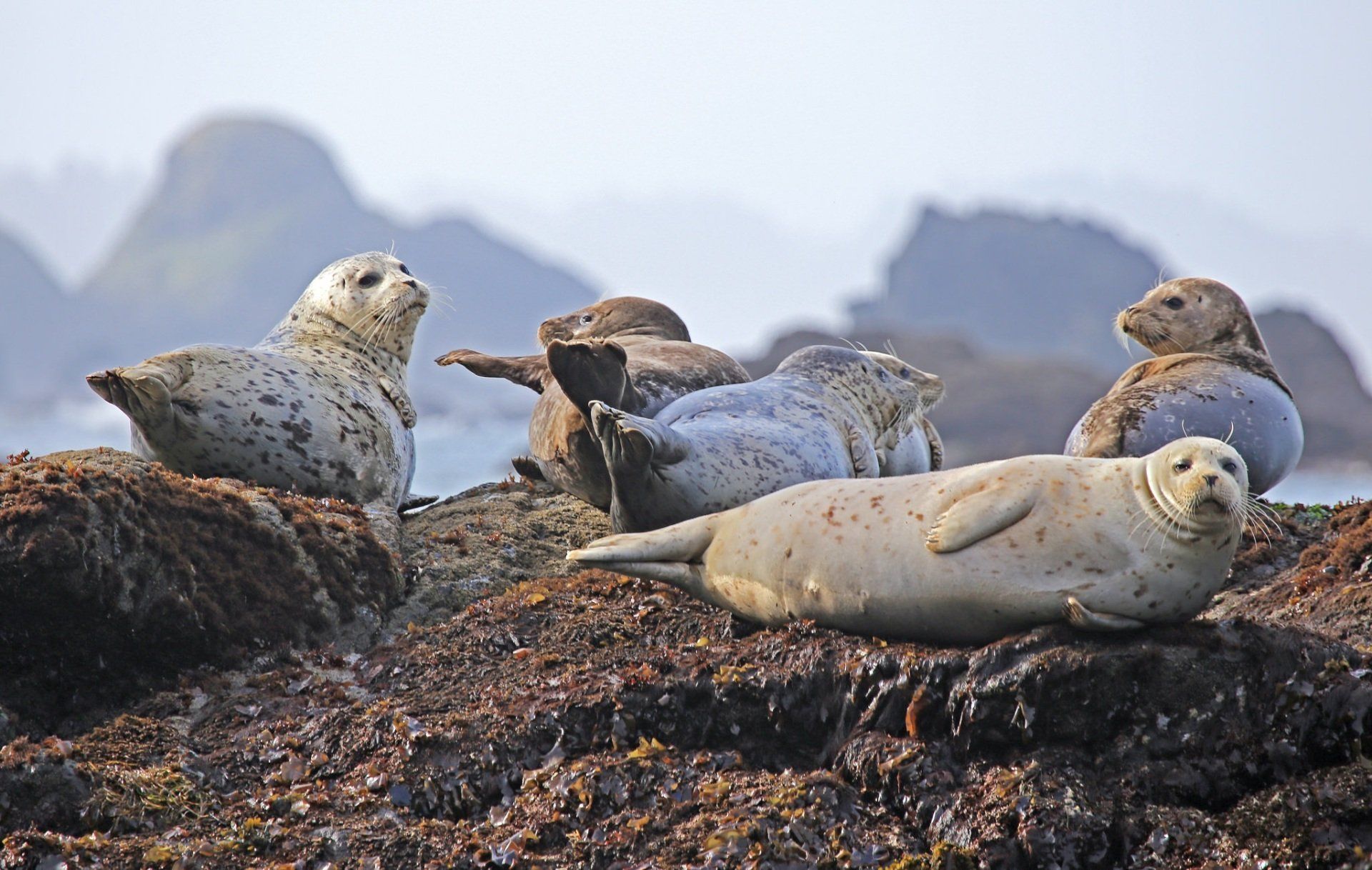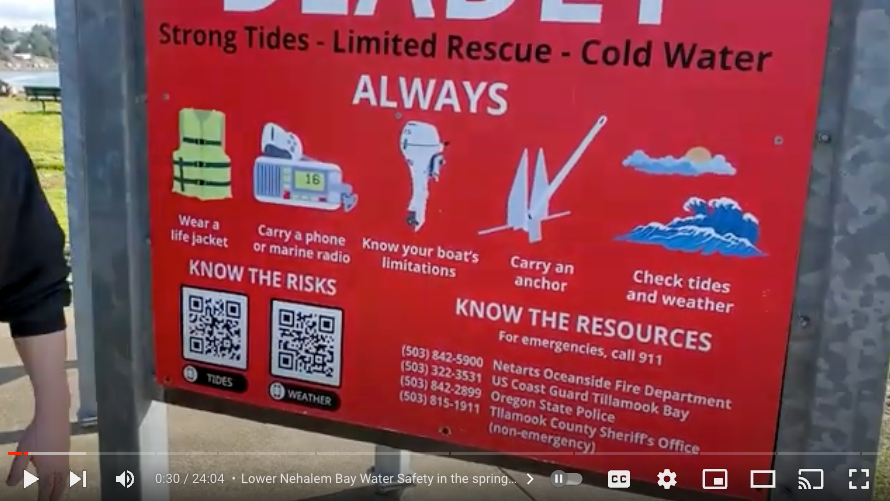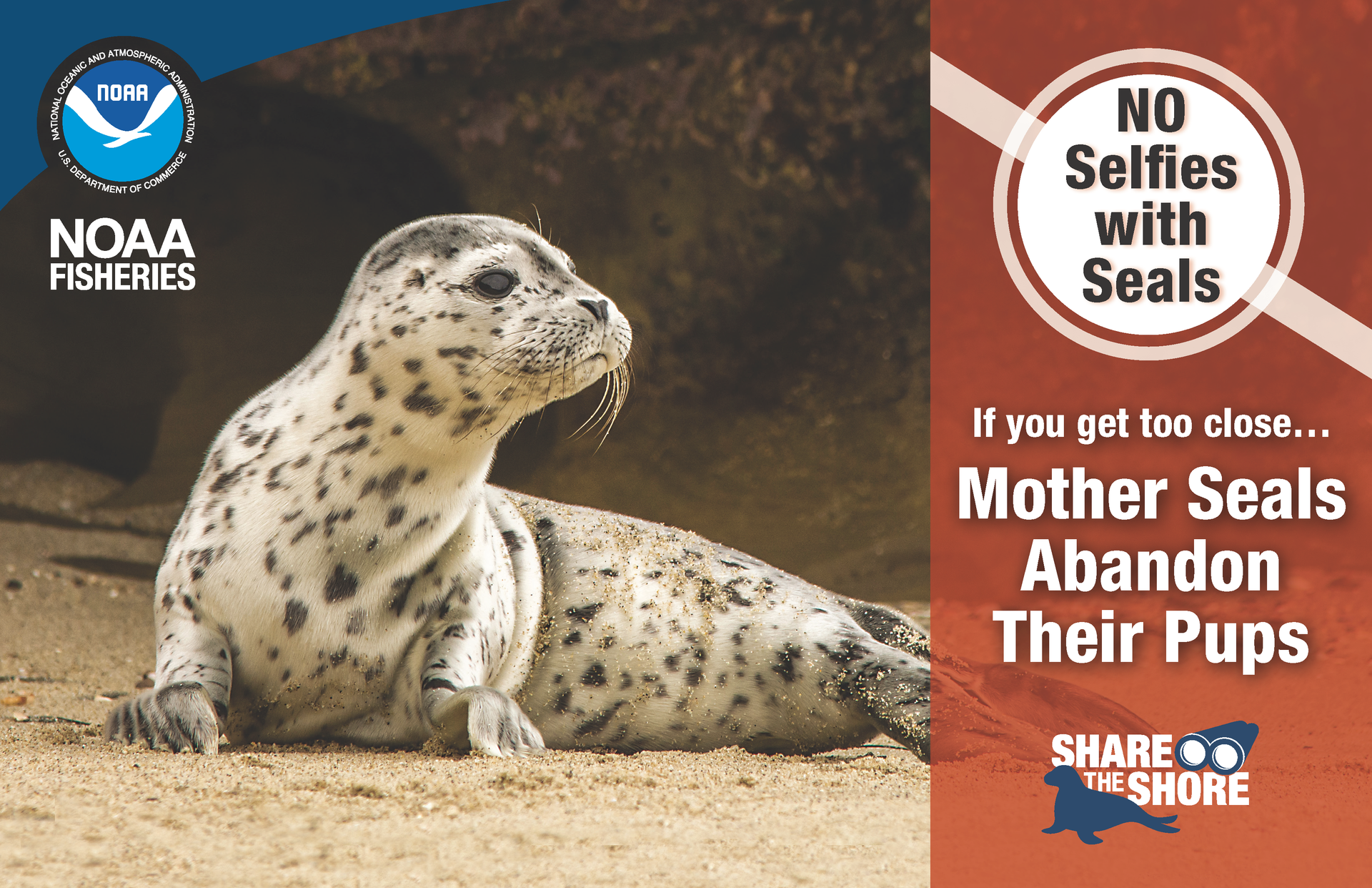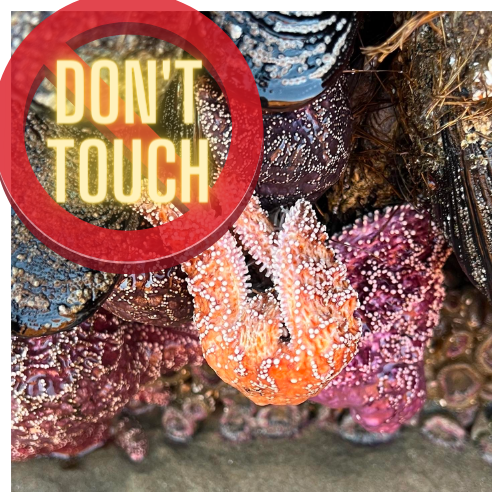Enjoy the Beach
Oh, and those alluring rip currents—the ocean's version of a water slide to nowhere. They'll sweep you off your feet faster than a seagull snatches a French fry. If you find yourself caught in a rip current, remember to channel your inner mermaid (or merman) and swim parallel to the shore. Just be sure to avoid any "mermaid vs. seagull" beach showdowns while you're at it.
Beach Bliss: Where Sunburns and Sand Everywhere Are Totally Worth It!
-
Sunscreen is your superhero cape.
Don't underestimate its power. Apply it generously, and no, a thin layer won't cut it. Protect yourself from the wrath of the sunburn monster and avoid resembling a ripe tomato during your beach vacation.
-
Watch out for rogue beach balls and frisbees that have a mind of their own.
Watch out for rogue beach balls and frisbees that have a mind of their own. They have a knack for targeting unsuspecting sunbathers, aiming for their heads with remarkable accuracy. Keep your reflexes sharp and your beach dodgeball skills on point.
-
Don't forget the power of ocean waves.
They're not afraid to give you a good tumble and showcase your most unflattering moments. Maintain your dignity by maintaining your balance and, if all else fails, embrace the art of stylish wave-induced acrobatics.
In all seriousness
Please look out for RIP-Tides; Sneaker waves; seasonal king tides and where the tides are *going out vrs coming in* These factors will tell you whether or not it is safe to play or get into the frigid waters in our coastal community. REMEMBER TO NEVER TURN YOUR BACK ON THE WATER
-
Sand is nature's way of reminding you that you can never truly escape it
No matter how much you shake, dust off, or shower, you'll find it in your pockets, shoes, and even your hair days after leaving the beach. Embrace the sandy souvenir—it's your free reminder of endless fun.
-
Trash: Ah, the majestic beauty of litter dancing in the wind!
Said no one ever.
Let's keep our beaches clean and garbage-free. Remember, leaving your trash behind is like giving the seagulls a surprise party they didn't ask for. So, be a hero, grab your trash, and show it the way to the nearest bin. Our beaches will thank you, and the seagulls might throw you an appreciative squawk.
-
Furry lil ones
Ah, the beach—the perfect place for your furry friends to frolic in the sand and make new buddies. But please, for the love of all things sandy, let's keep them on a leash! Sure, your dog might be a master of beachcombing and have a nose for adventure, but not everyone appreciates a wet, sandy surprise when they're trying to build sandcastles or enjoy a peaceful sunbathing session. So, let's embrace the leash and ensure everyone has a wag-tastic time without any unexpected sandy paw prints on their beach towels.
Picking Up behind FIDO: Remember, a clean beach and well-behaved pups make for a harmonious seaside experience. So, be a responsible beachgoer, do your part, and let's keep our beaches free from trash and unleashed doggy shenanigans. Together, we can create a coastal haven where even the seagulls do a happy dance of cleanliness and dogs show off their best beach manners. Happy beach days ahead!
-
Near-by "the most" dangerous bay
Netarts Bay is considered the most dangeous bay due to the over whelming rough waters in the "mouth" of the bay. See video
-
No Life Guard
No life guards for our area
Where at the tides at the moment?
Local Tides
GREAT INFORMATION BEFORE YOU GO
You probably won't have cell service on the beach!
In an emergency, go to ___ for the best cell coverage.
Emergency numbers: 911 for Medical or Fire
Wildlife - (541) 270-6830 or Ranger Simon 503-457-8065
-
Rest Rooms
In the middle of the State Parking Lot - you will find comfort within the only structure and not on the beaches or drifts. No surprises left behind please
-
Fire or Emergency
Right along our 131 dead end zone is a white building with Netarts-Oceanside Fire District - there is someone always "home" - go knock or call 911
-
Marine and Wildlife
Did you know it's actually a damn crime to get tangled up messing around with our marine mammals and wildlife?
Why tides matter?
Don't become another statistic
Prepare to Channel Your Inner Polar Bear
That bone-chilling water will invigorate your soul like nothing else. It's an instant energy boost that could rival the most vigorous workout. You'll emerge from the water with rosy cheeks, an uncontrollable smile, and a newfound appreciation for the cozy warmth of your beach towel.
Sneaker Wha?
Ah, the notorious Sneaker Tides, the mischievous pranksters of the coastal world. These sneaky waves roll in with the stealth of a ninja, catching unsuspecting beachgoers off guard like a seawater surprise party. One moment you're leisurely strolling along the shoreline, and the next moment you're doing an involuntary pirouette as a sneaker wave tries to steal your flip-flops and take you on an unsolicited beach tango. It's like the ocean's way of saying, "Surprise! Did you think you were safe? Think again!" These waves have mastered the art of comedic timing, striking at the most inconvenient moments, when you're balancing an ice cream cone in one hand and attempting to capture the perfect beach selfie. So, prepare for a thrilling game of wave-dodging, where staying dry becomes the ultimate challenge and beach acrobatics become an unexpected talent. Just when you think you've outsmarted them, a rogue sneaker wave appears, reminding you that the ocean always has a few tricks up its sleeve (or should we say, up its wave?). Embrace the adventure, keep your eyes on the tide charts, and be ready to dance with the sneaky tides. It's an amusement park ride you never signed up for, but hey, at least you'll have a hilarious story to tell at your next beach gathering.
Nov - Jan yearly tides
Ah, the majestic King Tides, nature's way of reminding us who's really in charge at the beach. These regal waves crash onto the shore with such grandeur, it's as if Neptune himself decided to host a wild beach party. They bring forth a spectacle that's part awe-inspiring and part "hold onto your floaties" kind of adventure. It's like playing a high-stakes game of sandcastle roulette—will your fortress withstand the royal assault or crumble like a soggy biscuit? And let's not forget the thrill of attempting a graceful beach exit, only to be caught off guard by a sneaky wave that snatches your flip-flop and sends you on an impromptu game of ocean fetch. So, grab your crown, don your most regal beach attire, and prepare for a watery adventure fit for beach royalty. Just remember to bring a sense of humor and a waterproof sense of adventure, because when the King Tides arrive, it's time to surf the waves and bow to their aquatic reign.
"Trash Wars: The Epic Battle of Beach vs. Trash"
Cigarette butts are the most common form of marine litter.
Broken bottles, plastic toys, food wrappers ... during a walk along the coast one finds any of these items, and more. In all that litter, there is one item more common than any other: cigarette butts.
Cigarette butts are a pervasive, long-lasting, and a toxic form of marine debris. They primarily reach our waterways through improper disposal on beaches, rivers, and anywhere on land, transported to our coasts by runoff and stormwater. Once butts reach the beach, they may impact marine organisms and habitats.
Most cigarette filters are made out of cellulose acetate, a plastic-like material that’s easy to manufacture, but not easy to degrade. The fibers in cigarette filters behave just like plastics in our oceans, the UV rays from our sun may break the fibers down into smaller pieces, but they don’t disappear. One solid filter ends up being thousands of tiny microplastics.
Here’s what you can do about keeping those cigarette butts, lighters and cigar tips from spoiling our ocean:
If you smoke, don’t flick your butt! Place it in a proper receptacle.
Organize cleanups in your local community. Make sure you document your findings with the Marine Debris Tracker App.
Be an environmental steward in your own community. Spread awareness about cigarette butt litter.
Worried about the smell from cigarettes in your pocket? Purchase a pocket ashtray! These trays can come in the form of metal boxes or vinyl pouches, fit in your pocket, purse, or backpack, and extinguish cigarettes until they can be properly disposed of in the trash.
Recycle your butts! Although it is not common, there are a few places, like the City of Vancouver, and organizations, like TerraCycle, that will actually recycle your filters for you. Check to see if there any programs in your area.
The NOAA Marine Debris Program is the U.S. Federal government's lead for addressing marine debris.
Microplastics are small plastic pieces less than five millimeters long which can be harmful to our ocean and aquatic life.
Plastic is the most prevalent type of marine debris found in our ocean and Great Lakes. Plastic debris can come in all shapes and sizes, but those that are less than five millimeters in length (or about the size of a sesame seed) are called “microplastics.”
As an emerging field of study, not a lot is known about microplastics and their impacts yet. The NOAA Marine Debris Program is leading efforts within NOAA to research this topic. Standardized field methods for collecting sediment, sand, and surface-water microplastic samples have been developed and continue to undergo testing. Eventually, field and laboratory protocols will allow for global comparisons of the amount of microplastics released into the environment, which is the first step in determining the final distribution, impacts, and fate of this debris.
Cigarette found along East-West Highway, Silver Spring, MD.
Did you know?
Microplastics can come from a variety of sources including larger plastic pieces that have broken apart, resin pellets used for plastic manufacturing, or in the form of microbeads, which are small, manufactured plastic beads used in health and beauty products.
Microplastics come from a variety of sources, including from larger plastic debris that degrades into smaller and smaller pieces. In addition, microbeads, a type of microplastic, are very tiny pieces of manufactured polyethylene plastic that are added as exfoliants to health and beauty products, such as some cleansers and toothpastes. These tiny particles easily pass through water filtration systems and end up in the ocean and Great Lakes, posing a potential threat to aquatic life.
Microbeads are not a recent problem. According to the United Nations Environment Programme, plastic microbeads first appeared in personal care products about fifty years ago, with plastics increasingly replacing natural ingredients. As recently as 2012, this issue was still relatively unknown, with an abundance of products containing plastic microbeads on the market and not a lot of awareness on the part of consumers.
On December 28, 2015, President Obama signed the Microbead-Free Waters Act of 2015, banning plastic microbeads in cosmetics and personal care products.
Yup we went there
Leaving feces behind can cause more havoic then you would imagine. From disease and illnesses for our canines to causing our ocean/seas deadly bacteria killing the marine life. Just don't do it - take it to the trash or restrooms provided.
ensure a pleasant and respectful experience for everyone enjoying the beach
Friendly Reminder:
- Respect others: Be considerate of other beachgoers by keeping noise levels reasonable and avoiding excessive disturbances.
- Clean up after yourself: Dispose of your trash properly in designated bins or take it with you when you leave. Leave the beach as you found it.
- Follow beach rules: Familiarize yourself with any specific rules or regulations for the beach you're visiting, such as restrictions on open fires, pets, or alcohol.
- Respect wildlife and nature: Avoid disturbing or harming wildlife, plants, and natural habitats. Do not litter or disturb nesting areas.
- Be mindful of personal space: Set up your belongings at a reasonable distance from others to provide space and privacy for everyone.
- Control your beach equipment: Ensure that your umbrellas, chairs, and other beach equipment do not invade the space of others or create safety hazards.
- Be cautious with beach games: If playing beach games or sports, be mindful of your surroundings and avoid encroaching on others' space. Be careful not to hit or disturb others with flying objects.
- Be mindful of beach access: Respect designated pathways, boardwalks, and dune vegetation. Use designated beach access points and avoid trampling fragile dunes.
- Follow swimming guidelines: Observe any posted signs regarding water conditions, lifeguard instructions, and swimming areas. Practice water safety and be aware of potential hazards.
- Respect privacy: Avoid taking photos or videos of others without their consent, and respect people's privacy while they enjoy the beach.
Remember, practicing good beach etiquette helps create a positive and enjoyable experience for everyone sharing the beach.
CURRENT and TIDES
Learn more
Ads or sponsors








